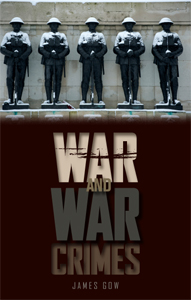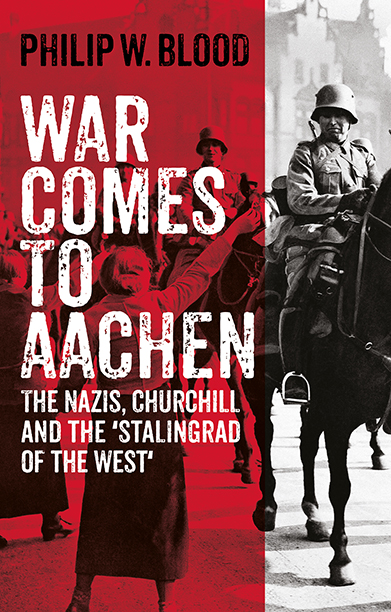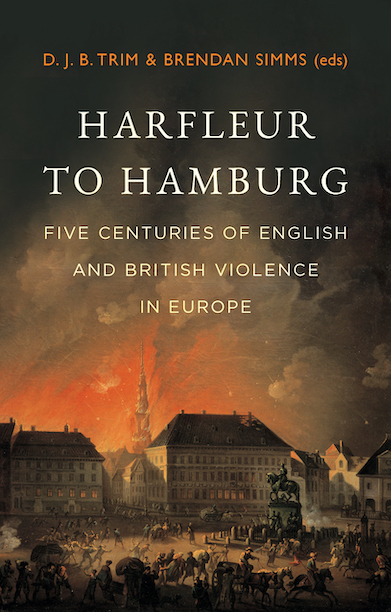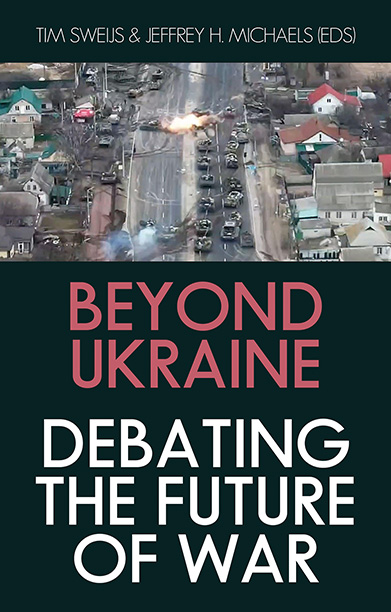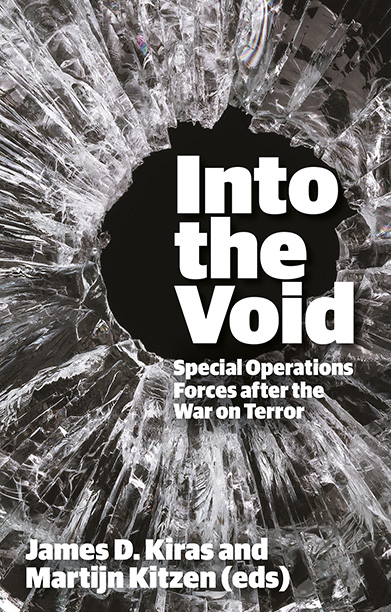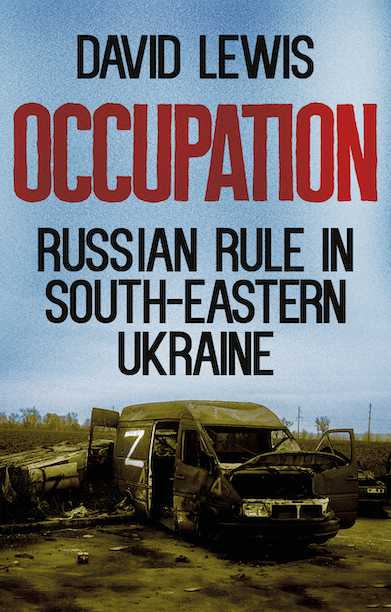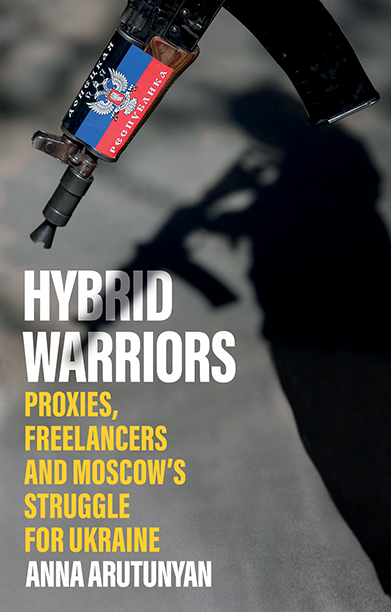Description
The laws of war have always been concerned with issues of necessity and proportionality, but how are these principles applied in modern warfare? What are the pressures on practitioners where an increasing emphasis on legality is the norm? Where do such boundaries lie in the contexts, means and methods of contemporary war? What is wrong, or right, in the view of military-political practitioners, in how those concepts relate to today’s means and methods of war? These are among the issues addressed by James Gow in his compelling analysis of war and war crimes, which draws upon research conducted over many years with defence professionals from all over the world. Today more than ever, military strategy has to embrace justice and law, with both being deemed essential prerequisites for achieving success on the battlefield. And in a context where legitimacy defines success in warfare, but is a fragile and contested concept, no group has a greater interest in responding to these pressures and changes positively than the military. It is they who have the greatest need and desire to foster legitimacy in war by getting the politics-law-strategy nexus right, as well as developing a clear understanding of the relationship between war and war crimes, and calibrating where war becomes a war crime.
Reviews
‘This book should be read by all, political and military, who seek to use armed force to achieve their ends. With great clarity James Gow shows the relation of law to war and how this relationship has changed along with the way war is practised. As importantly, he shows what could happen to those practitioners who fail to foster this relationship: failure and possibly prosecution.’ — General Sir Rupert Smith KCB DSO OBE QGM
‘War and war crimes trials need to be understood by the world student or world citizen upon whose support, through democratic process, international war crimes courts will continue their work or perish. This book — written with the twin benefits of scholarship and direct personal experience — identifies the conflicting political, practical and philosophical interests that must be confronted if war crimes trials can ever be validated. The reader will be better able to decide whether war crimes trials are to be part of our developing humanity or an experimental footnote in the history of an unstoppably violent world.’ — Sir Geoffrey Nice QC, Gresham Professor of Law
‘War and War Crimes traces the evolution of international humanitarian law and the laws of war, and discusses the practical problems arising for military practitioners. It should be compulsory reading for any student of conflict — whether in IR, law, or sociology — but also for any responsible military officer and, as importantly, for the politicians taking the decisions.’ — Beatrice Heuser, Professor and Chair of International Relations, Reading University, and author of The Evolution of Strategy: Thinking War from Antiquity to the Present
‘At the heart of this authoritative examination of the legitimacy of war and its conduct in the twenty-first century, James Gow refreshingly gives voice to the military judgment of professionals from around the world, as military officers themselves best understand the moral dilemmas they face and can best explain the context, at the strategic and tactical levels, which is so crucial to determining whether war crimes have been committed.’ — Jeremy Jarvis CBE, Course Director, Royal College of Defence Studies, Defence Academy of the United Kingdom
‘A clever and fundamental book. Law and legitimacy have always been important to war, but Gow’s book brilliantly demonstrates how central the issue not simply of right, but of wrong have become to modern war.’ –– Professor Jan Willem Honig, Swedish National Defence College
Author(s)
James Gow is Professor of International Peace and Security at King's College London. He is the author of several books on the former Yugoslavia, among them The Serbian Project and its Adversaries: A Strategy of War Crimes (Hurst, 2003), Triumph of the Lack of Will: International Diplomacy and the Yugoslav Way (Hurst, 1997) and Legitimacy and the Military: The Yugoslav Crisis (1992). He was the first prosecution witness to be called at the UN International Criminal Tribunal for the former Yugoslavia.
